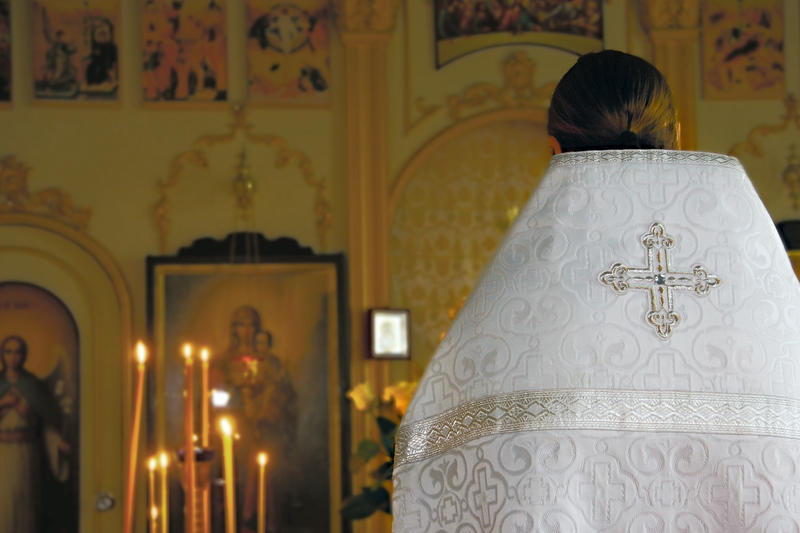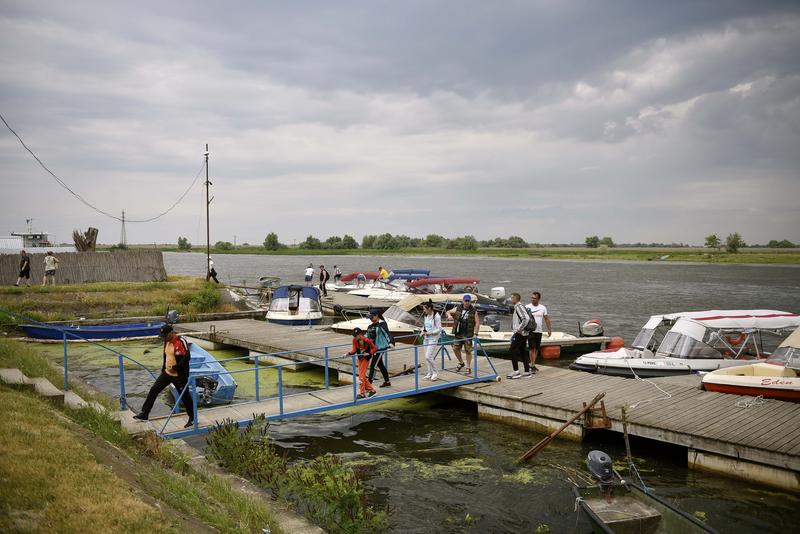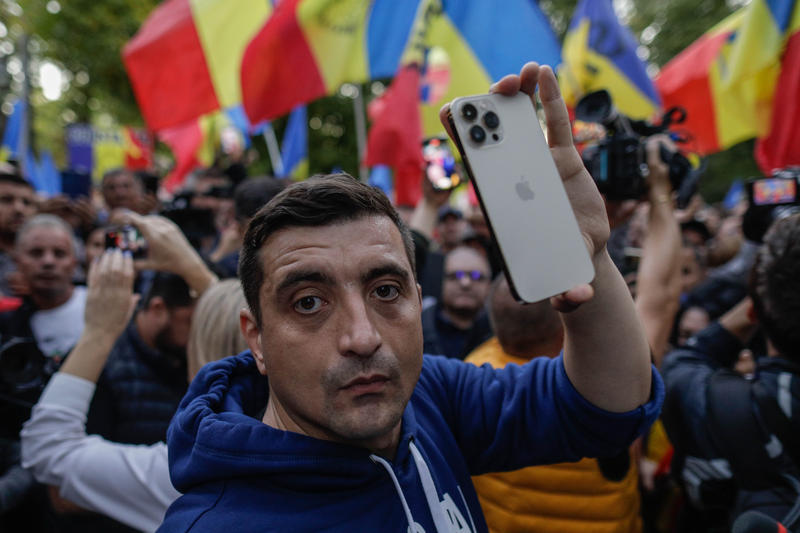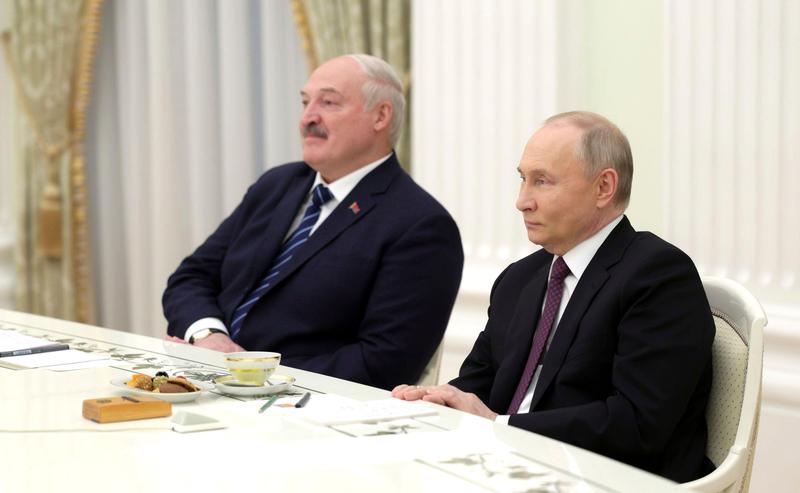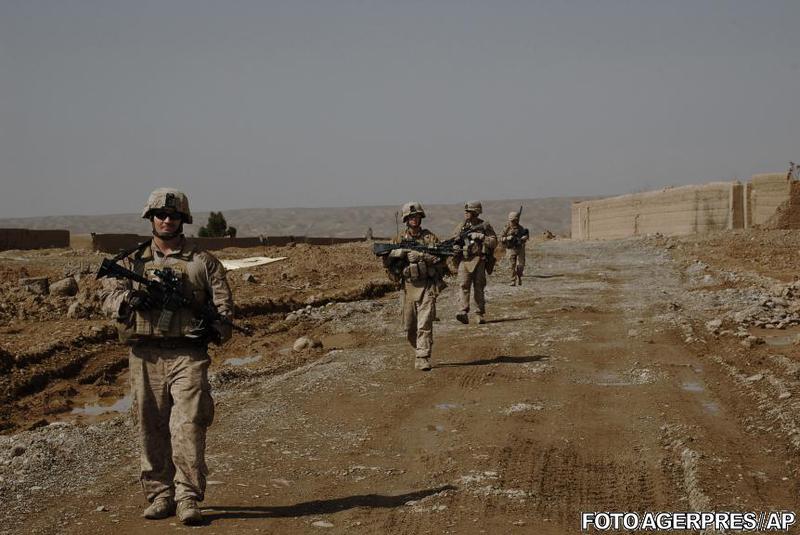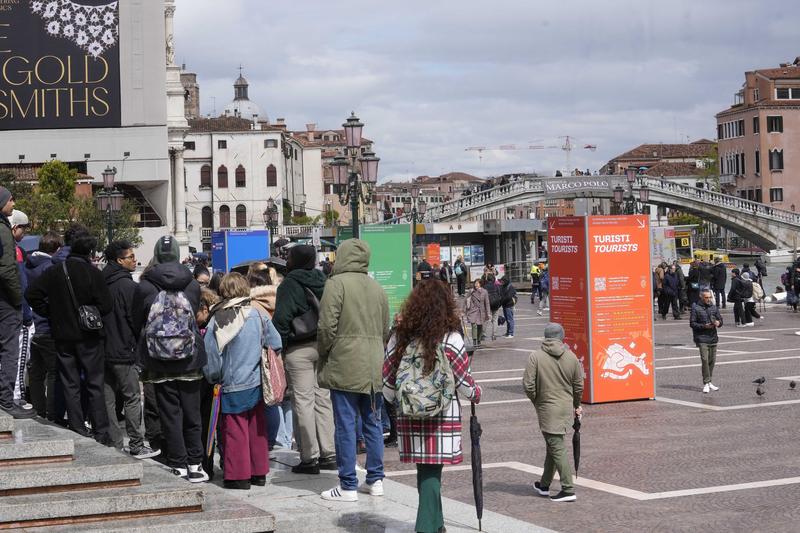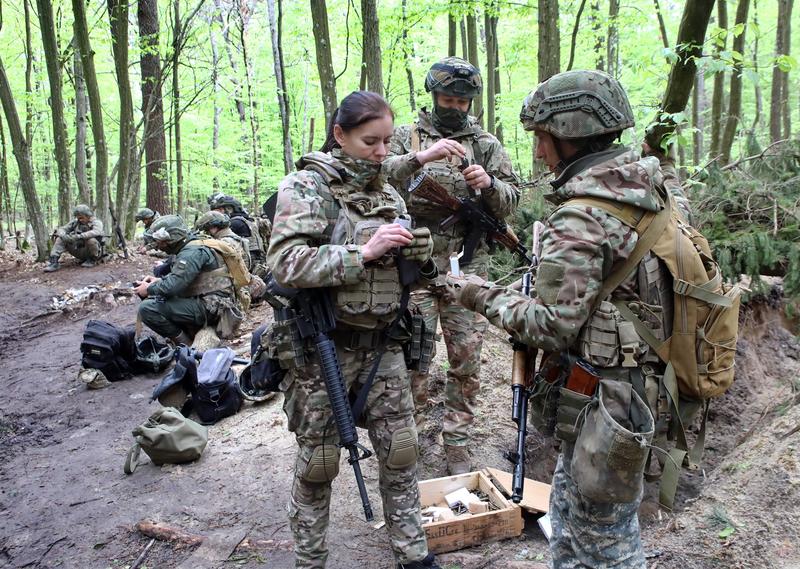Anti graft prosecutors need parliamentary approval to launch investigation against former and current ministers who also hold parliamentary seats, the Constitutional Court ruled on Monday at a Senate request in this regard on February 5. Thus, all anti graft investigations, dealing with former or current ministers will need parliamentary approval for their inquiries. On the spotlight are cases against former Social Democrat PM Adrian Nastase, former ministers Miron Mitrea, Paul Pacuraru and Codrut Seres.
On the other hand, deputies adopted on Monday a law that allows anti graft prosecutors to investigate ministers who are parliamentarians with the consent of one chamber only (of which they pertain). In the current political setting, this new rule might actually work at the disadvantage of anti-graft prosecutors, as investigations can be either delayed or canceled.
The Constitutional Court decision comes as the Senate urged it to solve a potentially constitutional conflict between the presidency, prosecutors, the High Court of Justice and the Justice Ministry, on one hand, and the Parliament on the other hand on who should constitutionally give the approval for inquiries against members of the government.
The Senate in its request referred to an article of the Constitution that was ambiguously formulated, showing that "only the House of Deputies, the Senate and the President of Romania" have the right to demand criminal investigation on members of the government for deeds done during their serve during their term.
So far, it was the President who gave the approvals for such inquiries. But now the Constitutional Court has found that a cumulative agreement of the Parliament was also needed, meaning that criminal inquiries into four of eight existing cases involving such officials might be suspended.
This comes as the European Union has been pressing Romania to move further in its process to fight high level corruption as such efforts have been continuously delayed for the past year, both by Constitutional Court's and other bodies' decisions and by the constant struggle between President Traian Basescu, on one hand, and the Liberal government and the opposition Social Democrats who have a consistent say in the Parliament, on the other hand.

